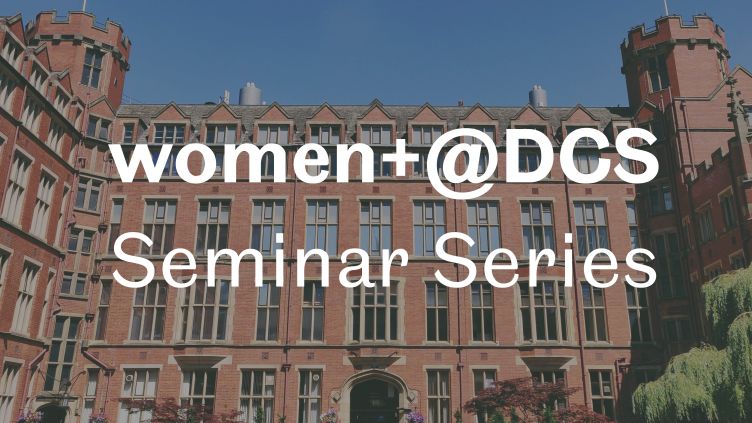Registration for new events has been turned off. Please contact Suw Charman-Anderson if you have an event to add.

- This event has passed.
[ONLINE] How well can computational models understand (idiomatic) languages?
12 October 2021 @ 2:00 pm - 5:00 pm
Free
A piece of cake or a hard nut to crack? How well can computational models understand (idiomatic) languages?
Abstract:
Recent advances in Artificial Intelligence and Natural Language Processing have resulted in considerable gains for languagetechnology applications, from machine translation to conversational agents. However, one challenge that still defies current models is handling Multiword Expressions (MWEs), like idioms (e.g. “rock the boat” meaning to cause problems or disturb a situation), compounds nouns (e.g. “monkey business” meaning dishonest behaviour), and light verb constructions (e.g.“take off” as depart), as they often display idiomaticity, and their accurate processing often requires knowledge that goes beyond the individual words and their literal combinations. However, as MWEs are found in all languages and domains, representing a large part of the vocabulary of speakers, their inaccurate processing may lead to loss of information (e.g. interpreting “kick the bucket” literally as “strike a container with the foot” when it is used with the idiomatic meaning of “die”). In this talk I will discuss some of the challenges for the computational treatment of MWEs, focusing on techniques for identifying their degree of idiomaticity.
Speaker Bio:
Aline Villavicencio is the Chair in Natural Language Processing at the Department of Computer Science, University of Sheffield (UK) and also affiliated to the Institute of Informatics, Federal University of Rio Grande do Sul (Brazil). She received her PhD from the University of Cambridge (UK) in 2001, and held postdoc positions at the University of Cambridge and University of Essex (UK). She was a Visiting Scholar at the Massachusetts Institute of Technology (USA, 2011-2012 and 2014-2015), at the École Normale Supérieure (France, 2014), an Erasmus-Mundus Visting Scholar at Saarland University (Germany in 2012/2013) and at the University of Bath (UK, 2006-2009). She held a Research Fellowship from the Brazilian National Council for Scientific and Technological Development (Brazil, 2009-2017). She is a member of the editorial board of Computational Linguistics, TACL and of JNLE, is a PC Co-Chair of ACL-2022, was PC Co-Chair of CoNLL-2019, Senior Area Chair for ACL-2020 and ACL-2019 among others and General co-chair for the 2018 International Conference on Computational Processing of Portuguese. She is also a member of the NAACL board, SIGLEX board and of the program committees of various *ACL and AI conferences, and has co-chaired several *ACL workshops on Cognitive Aspects of Computational Language Acquisition and on Multiword Expressions. Her research interests include lexical semantics, multilinguality, multiword expressions and cognitively motivated NLP, and has co-edited special issues and books dedicated to these topics.